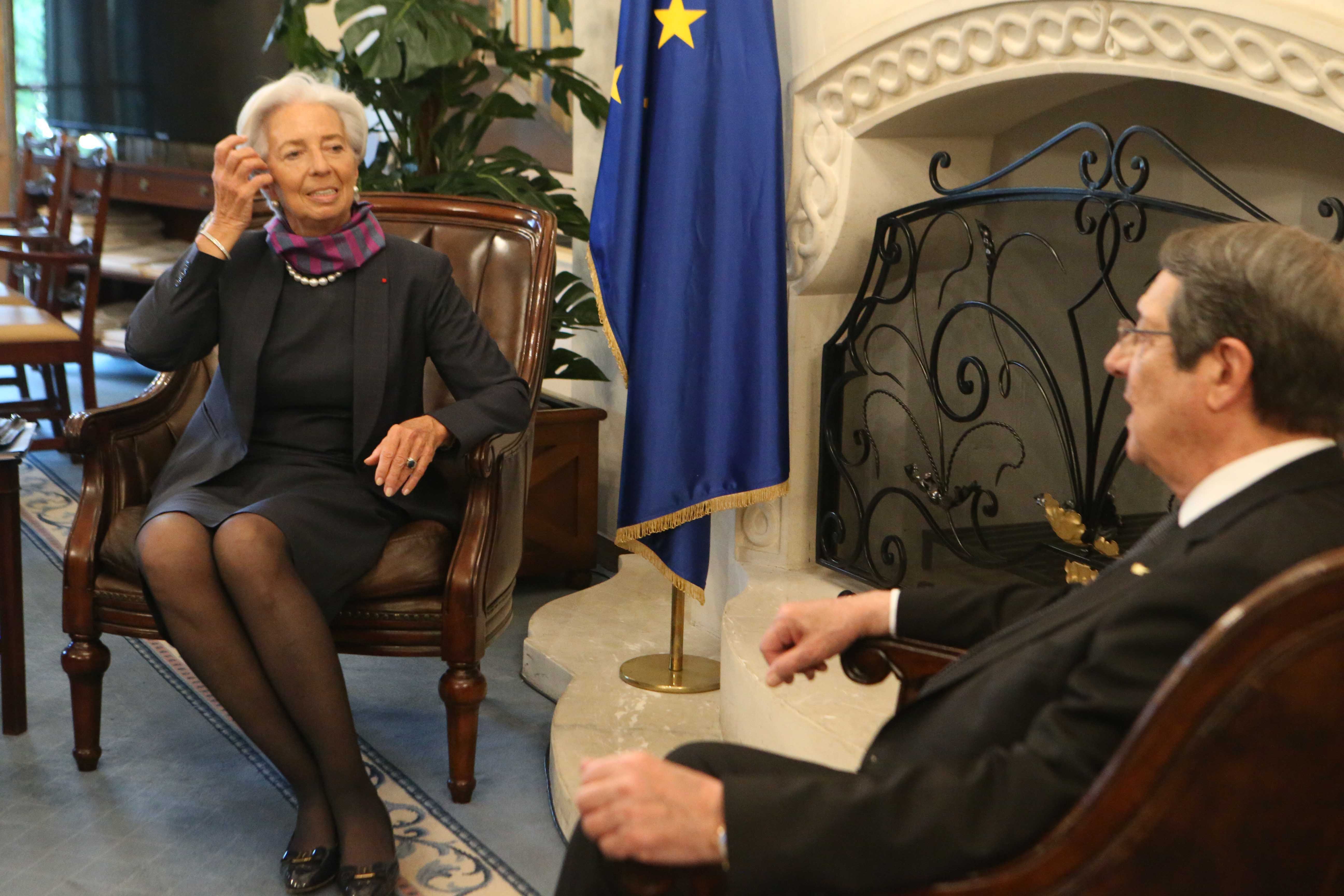Christine Lagarde, the President of the European Central Bank (ECB), gave a thorough analysis of the problems facing the euro area as a consequence of the Russia-Ukraine war that came just as economies were returning to normality after the two-year pandemic. She conceded that problems, such as shortages and supply chain disruptions that pushed up prices, pre-existed Russia’s invasion of Ukraine, but also acknowledged that the war “introduced considerable uncertainty into the outlook for the economy.”
Inflation was set to rise because energy prices were expected to stay higher for longer, pressure on food prices was set to increase and global manufacturing bottlenecks were likely to persist. Apart from inflation, the war also posed risks to growth given that the euro area was net importer of energy. Soaring energy prices meant a loss of purchasing power for people. In the fourth quarter of 2021 compared with the same, pre-pandemic quarter of 2019, this effect reduced income by 1.2 per cent, Lagarde said, explaining that this represented €150 billion in one year.
Inevitably, consumer confidence hit its lowest level since May 2020, when most countries were in lockdown this month. Expectations of growth had worsened while expectation of inflation had risen, said Lagarde, who also expected business investment to take a hit. How much growth will slow and inflation rise, would depend “on how the conflict and sanctions evolve,” said the ECB chief, underlining the fact that we are in a period of great uncertainty. “Clearly the longer the war lasts the higher the economic costs will be and the greater the likelihood we end up in more adverse scenarios.”
Cyprus would face the same pressures on prices and growth as the rest of the euro area but was in a much stronger position to deal with them today as the banking sector was on a much sounder basis, she said, addressing a conference in Nicosia on Wednesday. A sound banking sector would not stop the rising prices or the fall in tourist arrivals, nor would it diminish the uncertainty felt by people here, as in the rest of the world. In fact, nothing can diminish this uncertainty. Lagarde tried to ease the gloom, by saying that “to offset the short-term effects of higher energy prices and sanctions, national fiscal policies have a range of tools to deploy such as tax cuts and subsidies.” EU rules were also being loosened so that government can take necessary measures to protect people.
These measures, judging by the experience of the government’s cut of the petrol tax, do not really protect people’s income, because the price rises outstripped the tax cuts. The tools at the disposal of governments are of very limited potency and unlikely to stop the fall in disposable incomes under current conditions. As Lagarde said, there is “considerable uncertainty in the outlook of the economy.”







Click here to change your cookie preferences